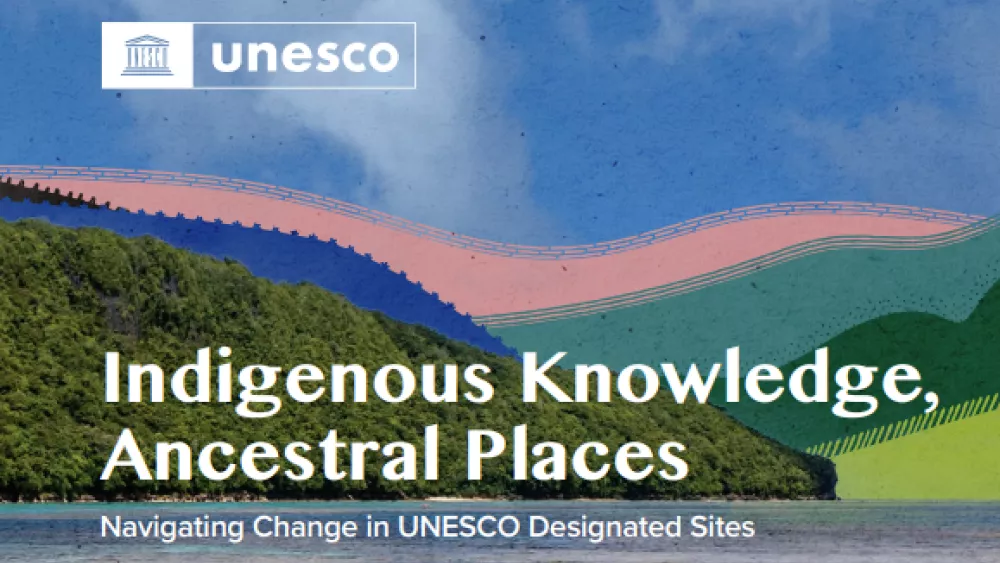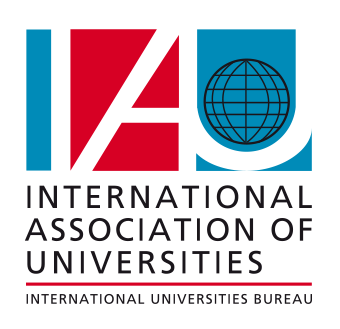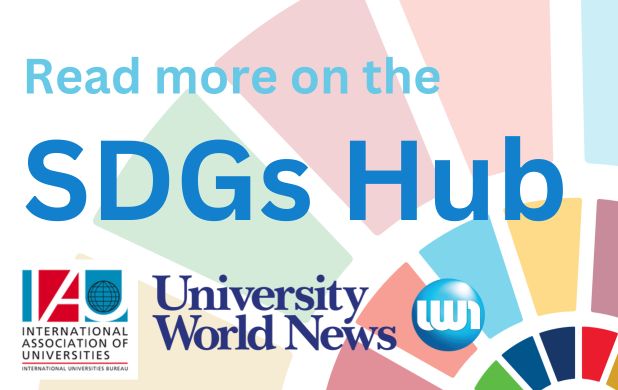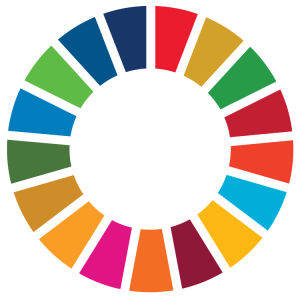
New UNESCO Report: Indigenous Knowledge, Ancestral Places
UNESCO has released a new report that emphasizes the central role of Indigenous Peoples in conserving and managing UNESCO-designated sites, including Biosphere Reserves, Geoparks, and World Heritage sites. With around 476 million Indigenous people worldwide holding tenure or management rights to nearly a quarter of the Earth’s surface, they safeguard more than half of the planet’s remaining intact forests and a significant share of global biodiversity.
The report features a rich collection of testimonials, cultural expressions, and governance practices, demonstrating how Indigenous knowledge systems, values, and cosmologies have long sustained both communities and ecosystems. It highlights how ancestral knowledge, grounded in close observation of the environment and cultural integrity, is continually adapted to meet modern challenges.
Although Indigenous Peoples are among the least responsible for climate change, they are disproportionately affected by its impacts. Yet their time-tested, place-based knowledge positions them uniquely to lead with effective, locally rooted solutions for environmental stewardship, resilience, and adaptation.
By centering Indigenous voices, UNESCO underscores the need to integrate Indigenous perspectives into global conservation, ensuring stronger protection of cultural and natural heritage while advancing the SDGs.



